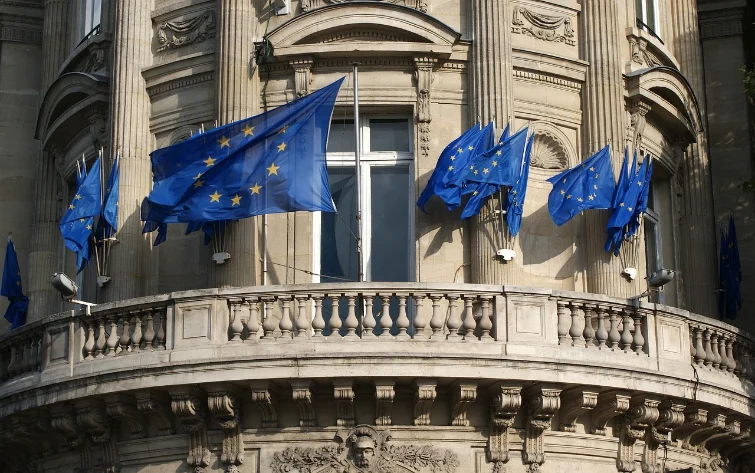On Tuesday, Finance Watch, a consumer advocacy group, emphasized the need for stronger privacy protections when using a digital euro online. This reflects growing concerns among policymakers about increasing surveillance.
The European Central Bank is expected to announce this month whether it will proceed with the development of a digital euro. This move aligns with efforts by central banks worldwide, including the Federal Reserve and the Bank of England, to stay ahead in the rapidly evolving landscape of digital payments.
The European Commission, which is the executive branch of the European Union, has put forward a proposed law to establish a legal framework for a digital euro. However, there are concerns that it might not provide the same level of anonymity as physical cash and could eventually replace it.
Finance Watch, in a policy document released on Tuesday, suggested that a digital euro, if equipped with robust privacy and data protection safeguards, could help reduce the reliance of European citizens on a handful of dominant payment companies and Big Tech platforms. This, in turn, could help prevent further concentration in the market.
Finance Watch acknowledged the need for certain compromises to prevent the misuse of a digital euro for money laundering, which makes achieving complete anonymity in digital payments like cash challenging.
However, as currently outlined, the EU’s proposed law provides greater privacy protections for offline usage of a digital euro stored in a customer’s “wallet,” according to Finance Watch.
“While the suggested method for offline transactions provides a significant level of privacy similar to cash, we believe that enhanced privacy and data protection measures should also be extended to small, low-value online transactions,” Finance Watch emphasized.
EU financial services leader Mairead McGuinness cautioned last month against hurrying the approval of the draft law, which is currently under review by EU member states and the European Parliament.
The Bank of England has stated that a “national conversation” is necessary to address public concerns about the potential for a digital pound to facilitate government surveillance.





